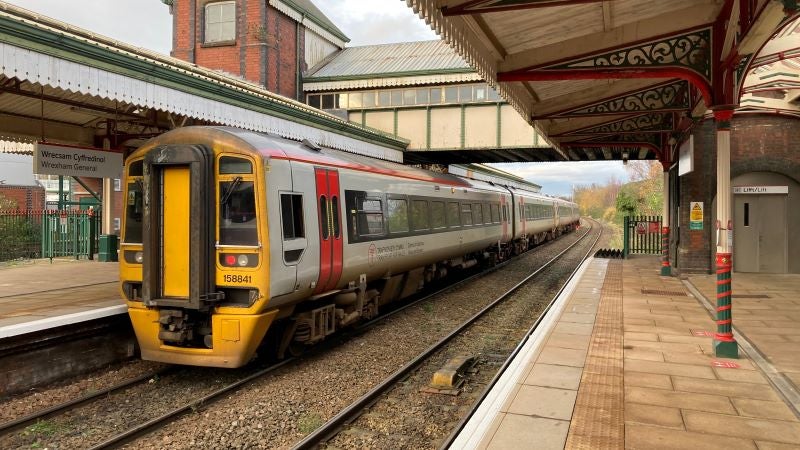The Rail, Maritime and Transport (RMT) Union announces plans to strike over the summer, and potentially beyond.
A vote amongst 40,000 members, with a turnout of 71%, saw 89% vote in favour of the proposed industrial action.

Access deeper industry intelligence
Experience unmatched clarity with a single platform that combines unique data, AI, and human expertise.
Strikes come after disputes concerning pay freezes, in effect since 2020, which have been amplified with the current cost of living crisis. Network Rail plans to cut 2,500 jobs in order to save over £100 million ($125 million) a year have heightened tensions.
13 train companies voted in favour, which would cause mass disruption across the country. Rumours suggest that 24-hour services may be scrapped in favour of running for just 12 hours between 7am and 7pm, with up to 80% of routes cancelled.
This demonstrates a divisive move by the union which will undoubtedly create issues for people across the country.
Industrial action is seen as the only way to achieve change, a trend common across the public sector, with seemingly little thought given to rising everyday costs across the UK.

US Tariffs are shifting - will you react or anticipate?
Don’t let policy changes catch you off guard. Stay proactive with real-time data and expert analysis.
By GlobalDataTransport for London (TfL) staff already has plans to strike in June which will affect underground services in the capital.
Strikes used to strengthen position at negotiating table.
RMT general secretary, Mick Lynch, argued that “today’s overwhelming endorsement by railway workers is a vindication of the union’s approach”. This further suggests that workers want “decent pay rise, job security, and no compulsory redundancies”.
By contrast, Andrew Haines Network Rail chief executive claims RMT “jumped the gun”, and that it would stunt the firm’s recovery. This could have potentially other harmful long-term effects on the industry and wider economy.
As a publicly funded body, Network Rail has suggested it is working to find a solution that is affordable for the taxpayer, whilst noting that it should be not be forgotten how “the taxpayer has provided the industry with £16 billion ($20 billion) worth of additional life support”.
Public opinion may be sympathetic, particularly with the cost-of-living crisis, but employers across the country are denying wage increases, not just the public sector.
With this likely to impact already high rail prices, and have negative economic effects, we may see a backlash against RMT from the public.
It is likely that strikes will not be called in the immediate future but used to strengthen RMT’s position in negotiations. Yet if little progress is made, there is now a real possibility of summer disruption.
Government threatens to increase restrictions on industrial action
In light of the announcement, Transport secretary Grant Shapps has threatened to tighten legislation on industrial action to prevent future occurrences and restrict disruption.
This would place significant restrictions on workers’ rights and mimics similar attempts to restrict protests in the proposed Police and Crime Bill.
Sharon Graham, general secretary of Unite, argued strikes are “inalienable in any democracy” and restricting them represents a “cynical, authoritarian move designed to protect corporate profits”.
Continued pay freezes and rising costs may prompt more strikes across the public sector. If the government’s response is to increase legislative action against this, it is likely to be met with severe backlash.



